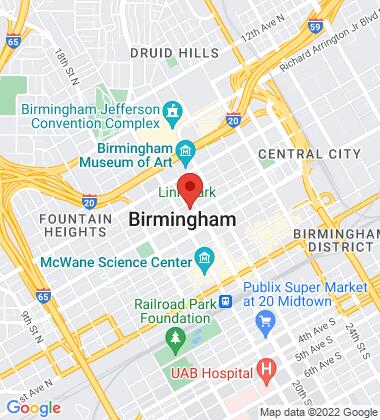Police officers and highway patrol officers are not permitted to pull over anyone without probable cause, or the reasonable suspicion that a driver has committed a crime. However, sobriety checkpoints – also called driving under the influence (DUI) checkpoints – are legal and protected by rulings from the United States Supreme Court. A sobriety checkpoint is a traffic stop set up at an intersection or along a stretch of highway that forces anyone on that road to briefly stop for police officers there. Since everyone on that road is stopped and not just a select few, the Supreme Court maintained that it was not discriminatory and not an egregious degree of intrusion into an individual’s freedom of mobility.
Since sobriety checkpoints are legally acceptable and backed by the highest Court in the country, they are not going to go anywhere anytime soon. If you encounter one, you have to come to a stop as directed by the officers there. But what else can or should you do to protect your rights and stay out of trouble?
When you are at a DUI checkpoint in Alabama, remember:
- You should not try to avoid the DUI checkpoint once you see it coming up on the road ahead. Police can see your intentional efforts to turn around or use side streets as enough evidence of suspicious behavior to stop you. In effect, you may give the police probable cause just for suddenly deciding you don’t want to travel in that direction anymore.
- You need to actually come to a complete stop and give police officers a moment to check your license plates and vehicle tags. A police officer may also want to approach your vehicle to check your driver’s license and ID. Sobriety checkpoints should not take more than a minute, on average, unless an officer notifies you that you are suspected of drunk driving or another crime and asks you to pull completely off the road.
- Police officers can search for evidence of a crime that is left “in plain sight” for any passerby to see. For example, if you have an open container of alcohol sitting in the backseat of your car, an officer at the sobriety checkpoint can spot it and detain you without needing a search warrant since a cursory glance through your car’s windows was all it took to notice the evidence.
- A full search of your vehicle without probable cause is not permitted at a sobriety checkpoint, unless you give them permission to search it. If a police officer asks to search your vehicle, it is because he or she knows probable cause has not been established. You may want to politely decline, perhaps citing that you don’t have spare time at the moment.
- You always keep your constitutional right to remain silent, even when you are stopped at a sobriety checkpoint. You are not legally required to answer probing questions that could lead to self-incrimination, and you certainly do not need to admit to committing any crimes, such as drunk driving.
- Field sobriety tests (FST) may be entirely voluntary but the highway patrol officers at the DUI checkpoint might not explain it this way. If you are not comfortable taking an FST, ask if it is mandatory, or if it can be denied without jeopardizing your driving privileges.
Remember, if you do get arrested on suspicion of driving while intoxicated at a sobriety checkpoint in Alabama, you still have the right to speak to a criminal defense lawyer before you speak to an investigator. The moment you need someone to protect your rights, you should contact Tidwell Law Group, LLC and our Birmingham DUI attorney. With more than a decade of criminal defense and DUI defense experience, Attorney Tidwell has the insight and skill you need in such a harrowing time. Call 205.536.7770 to get started on your defense.

